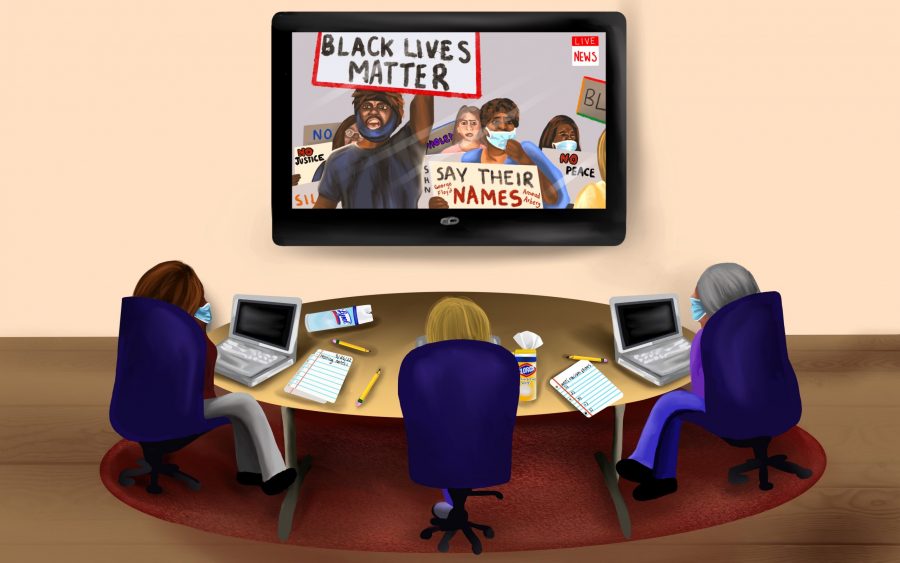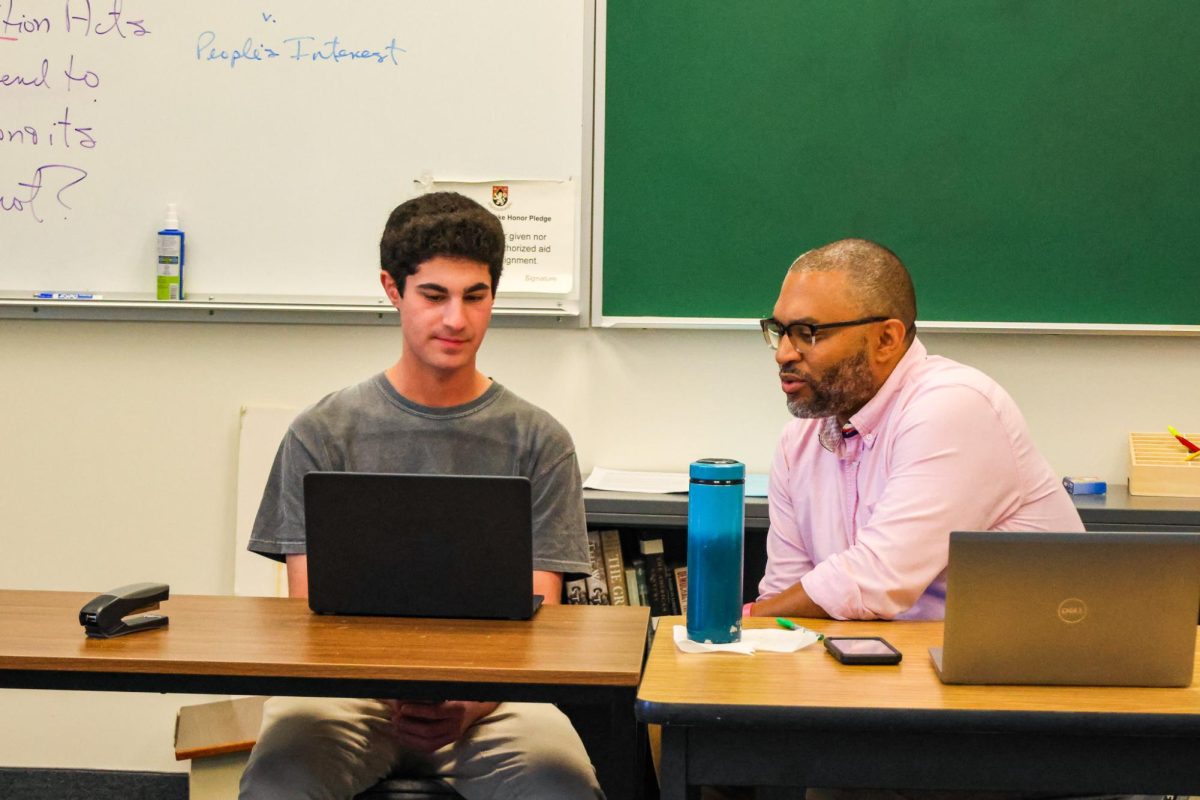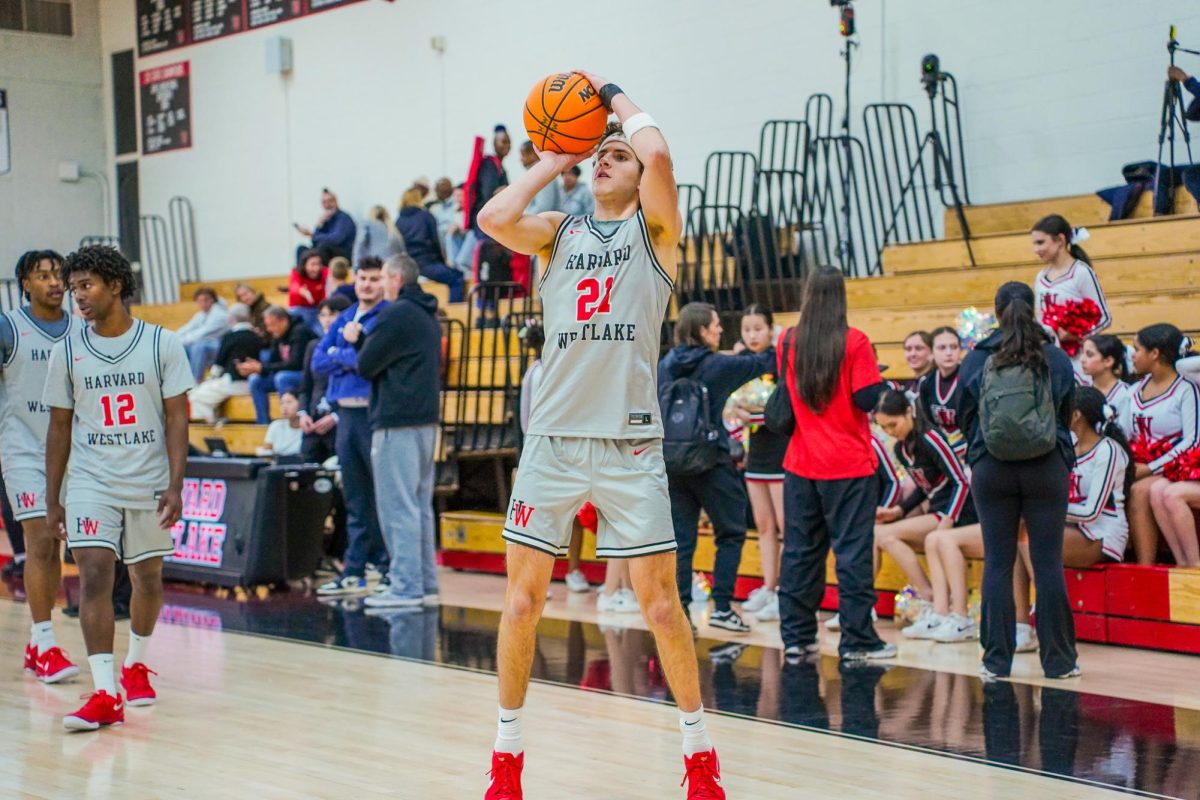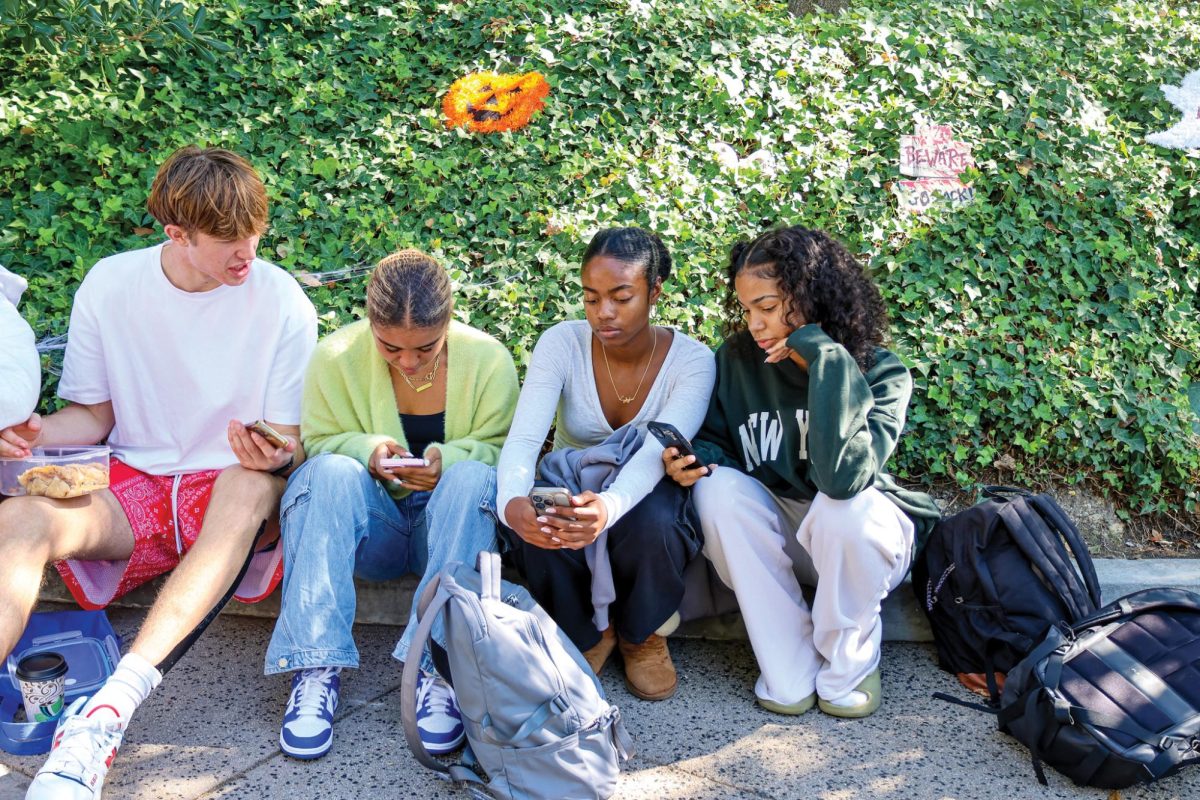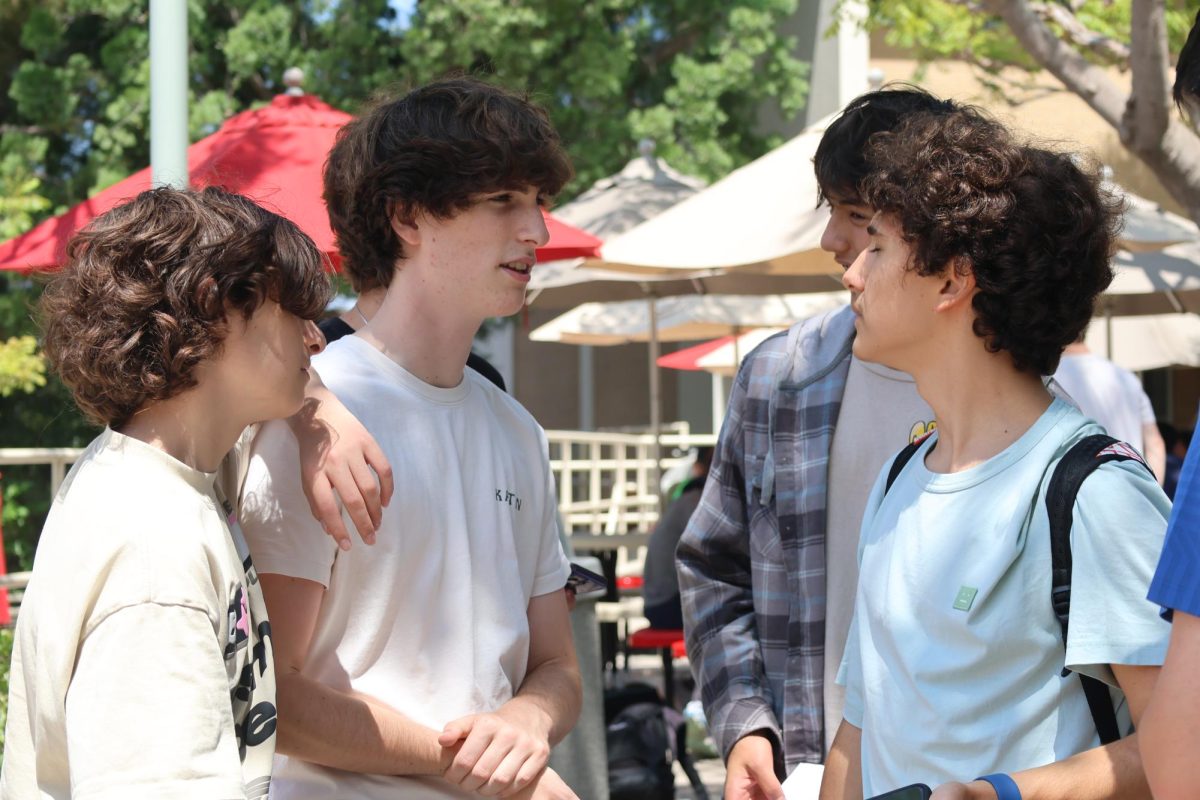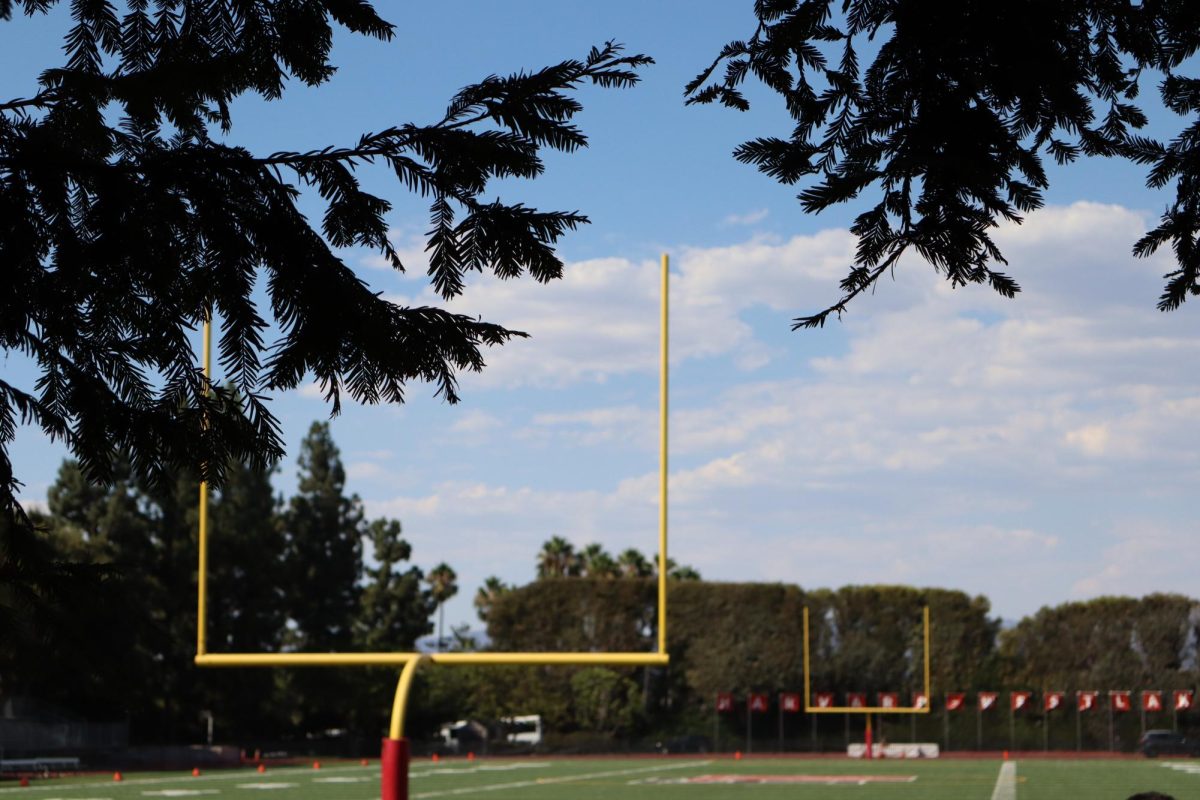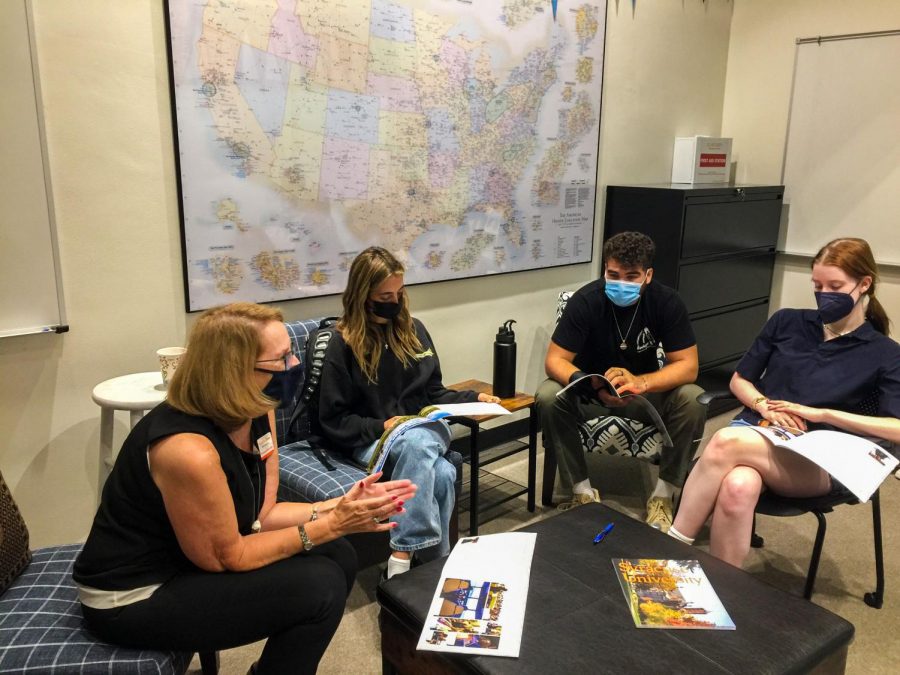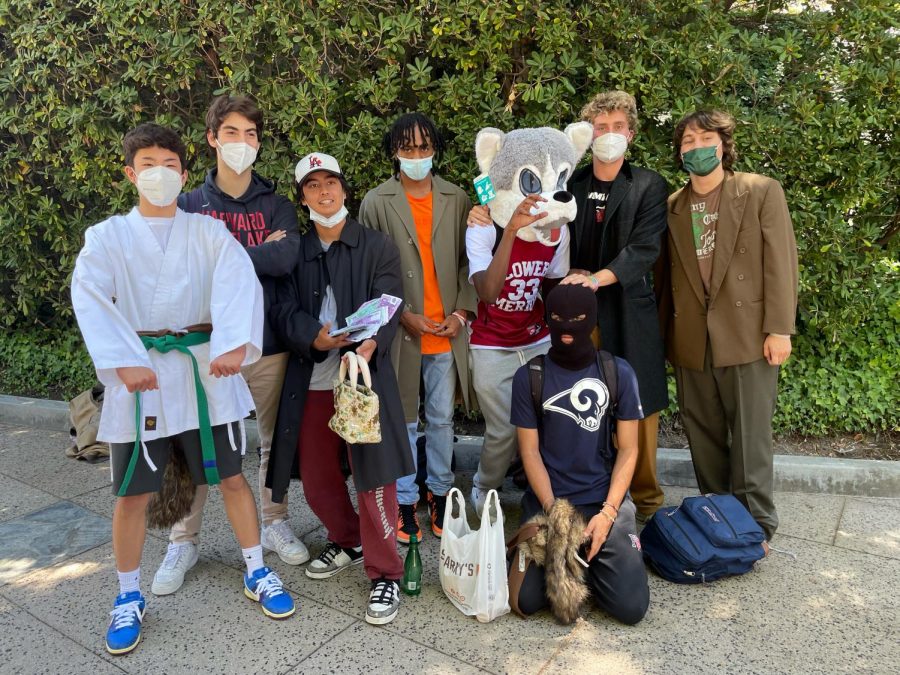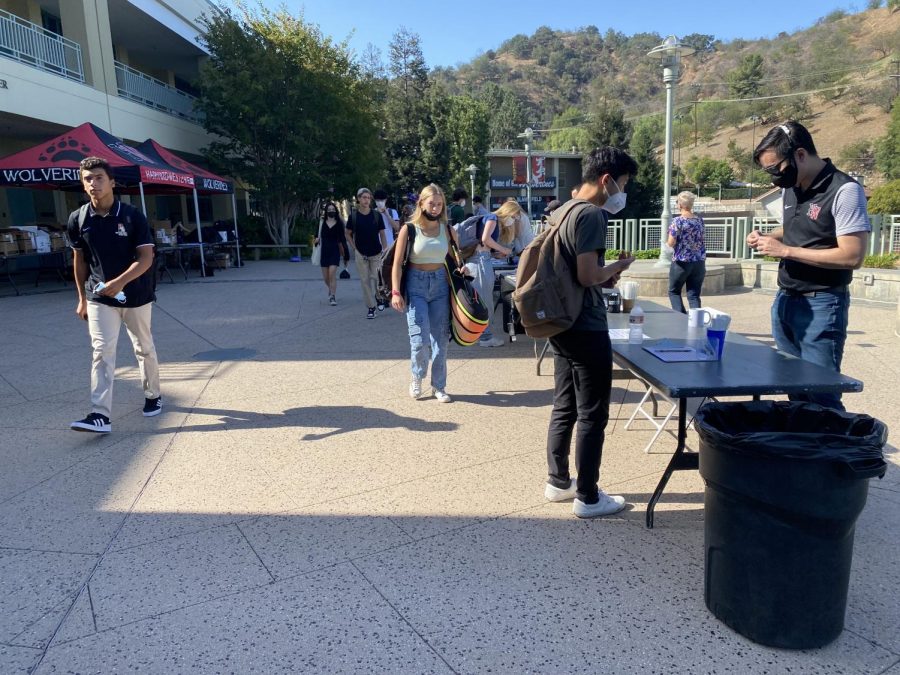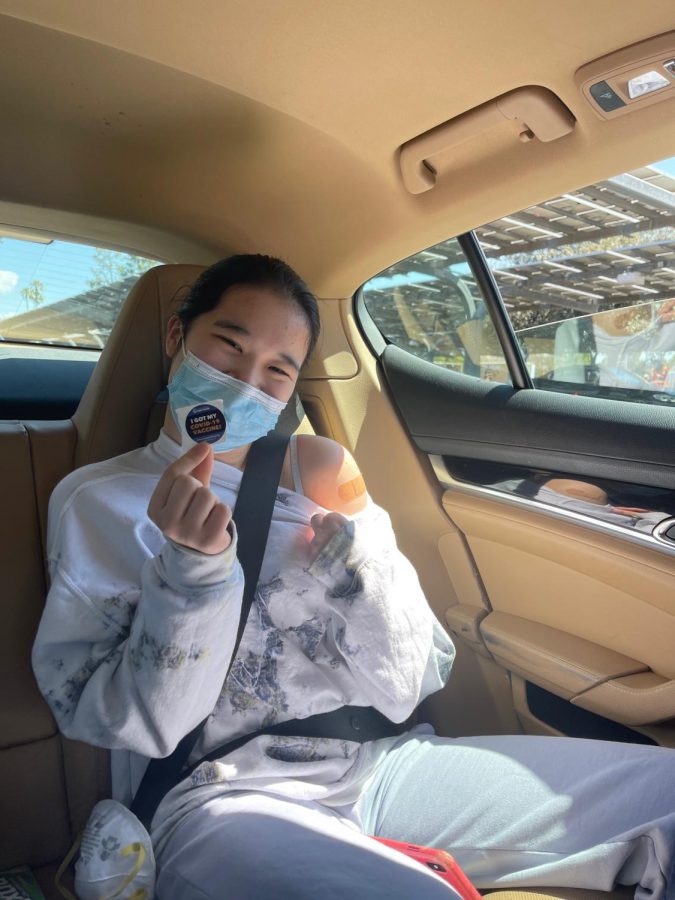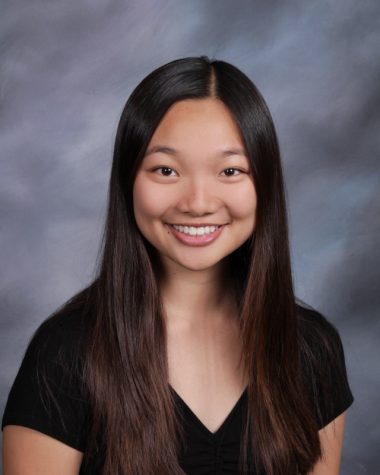In light of the racial justice movement sweeping across the nation, members of the class of 2019 created Blackathw, an Instagram account highlighting the experiences of Black students on campus. After a series of discussions with Black alumni and students, upper and middle school administrators composed an anti-racism plan, which they released July 24.
Director of Diversity, Equity and Inclusion Janine Jones said she anticipated the creation of Blackathw after students at private schools such as Campbell Hall, Brentwood School and Marlborough School founded similar accounts. Since Blackathw was created by alumni June 21, Jones said she has been reading the posts regularly.
“My initial reaction was pride,” Jones said. “I was really proud of the students who are a part of the class of 2019 who started the account because it takes a lot of courage to do something like that. It is not easy to be an African American student at Harvard-Westlake or at any school where you are not in the dominant racial culture.”
Currently, the account has over 2,700 followers and 31 experiences posted anonymously by people of color at the school. Jones said she had already heard most of the stories through Black Leadership, Awareness and Cultural Club (BLACC) gatherings and brown bag lunches, which are informal professional development meetings. However, she said one post, in which a semi-conscious Black student was sexually assaulted by a group of boys at a party, appalled her in particular.
Associate Head of School Laura Ross said that throughout the summer, she and other administrators held conversations with Black alumni and students, including the authors of an alumni letter with over 1,600 signatures and the founders of Blackathw.
Ross said the administration was wary of releasing a statement addressing social justice early in the break without first taking direct, substantial action.
“At the beginning of the summer, I think we felt some pressure that we should just be saying something, but we didn’t want to put out something that was just like, ‘Oh, we feel your pain,’ or something that was empty words,” Ross said. “That felt like that would be disrespectful of the stories people were telling us, so we felt it was much more Harvard-Westlake to make sure that we had a thoughtful, thorough response.”
BLACC leader Cameron Herring ’21 said the conversations, which occurred primarily in June, were difficult yet effective.
“It was tough to be in there because it was everybody around you, your loved ones, your community at Harvard-Westlake, talking about painful experiences that they’ve had,” Herring said. “One thing that’s been hard for me as a 17-year-old is having to advocate for a whole community when I’m still learning about the issues myself.”
Jones said she recognizes that some may see the anti-racism plans as reactionary, but inaction is far worse. Administrators were genuinely determined to take action both before and after the resurgence of the Black Lives Matter movement, she said.
“I don’t like saying that any of our stuff is performative, although I know somebody is going to read the anti-racism plan as performative,” Jones said. “But there’s so much goodness and meat in that anti-racism plan that they can say that [it is performative] because it’s just not true.”
Although Herring appreciates the school’s thoughtfulness and fully supports their initiatives, she said she remains cautiously optimistic.
“The only thing that I’ll say is that I will be happiest when I see [the anti-racism plans] starting to be implemented and enforced,” Herring said. “Harvard-Westlake is very good at, you know, making really amazing promises. As we saw with their mission statement, they said this is going to be a diverse and inclusive community. And they’ve been saying that for years, which is amazing, but that wasn’t the case, right? So, I don’t know—I’m happy to see it all laid out because that’s where it starts, but I will not feel completely fulfilled until I see everything beginning to be implemented and all the people in our community [taking] part in anti-racism work, instead of a select few seeing it as their responsibility and doing what they have to do.



























